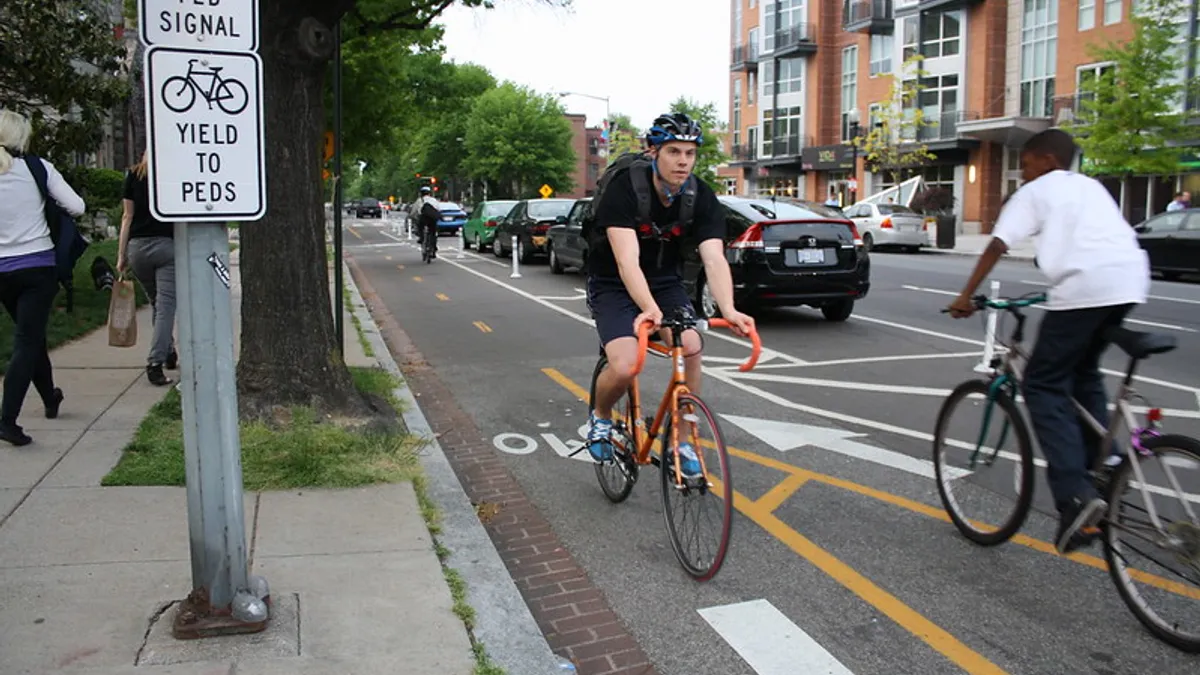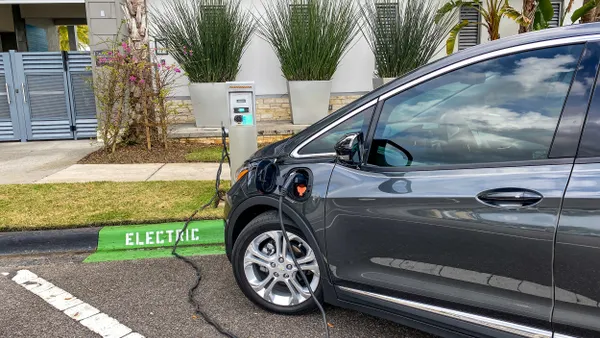Editor's Note: The following is a guest post from Albert Still, founder of commuting app Tern.
If you’re like me, you see the bicycle as the vehicle of the future.
Amid all this chat about sedentary lithium-ion powered cars and scooters, the simple two wheeled bicycle has been under our noses the whole time. The bicycle already has a lot going for it, as it helps to make us healthier, happier and greener. But the promise of cycling seems to have more tricks up its sleeve — COVID-related ones.
During the pandemic our public transport systems have operated at reduced capacities while governments advise people to travel outside of rush hour. Therefore, if you want to avoid crowds on the way to work and leave at a time that suits you, you may have to visit the garden shed and dust off a two-wheeled friend.
The French environmental minister, Elisabeth Borne, said it best: "the bicycle is the little queen of deconfinement."
However, there seems to be another benefit of cycling that has recently come to light. An early study of 17 million NHS records has shown the risk of dying of COVID-19 can double if you have a body mass index of 30, the lowest level of obesity. It’s a sliding scale, as even those classed as just overweight still run health risks. This research suggests a shift toward active commuting may not only help with the spread of the virus, but could foster health benefits that alleviate the necessity of intensive care if the infection is transmitted.
According to the European Centre for Disease Prevention, 73% of critically ill patients are obese. If we bring obesity down, we bring COVID-19 deaths down, too.
The UK government has been proactive about this, announcing this summer that doctors will be able to prescribe bike rides to patients and are offering bike repair vouchers to the public. Furthermore, they are planning on restricting junk food advertising, similar to measures taken against the tobacco industry.
In fact, British Prime Minister Boris Johnson had a first-hand experience of all this. He blames the intensity of his own COVID-19 battle on obesity, weighing 111 kg and having a BMI of 36 when he entered intensive care. He has since changed his once liberal views on food and obesity to intervention, and wants to lead the "war on fat."
“I’ve changed my mind on this. We need to be much more interventionist,” he told senior ministers and advisers, according to the Spectator.
I get bored with repetitive exercise. Whether it’s watching the bottom of a swimming pool or running around the park with a playlist on repeat, it can get a little dull. But, one thing I have appreciated is my 30-minute cycle to and from work, allowing me to hit the recommended quota of 30 minutes of exercise per day and get myself into work; a somewhat life hack.
So, why not encourage residents to give cycling and active commuting a try? There really is more to gain from it than ever before.











